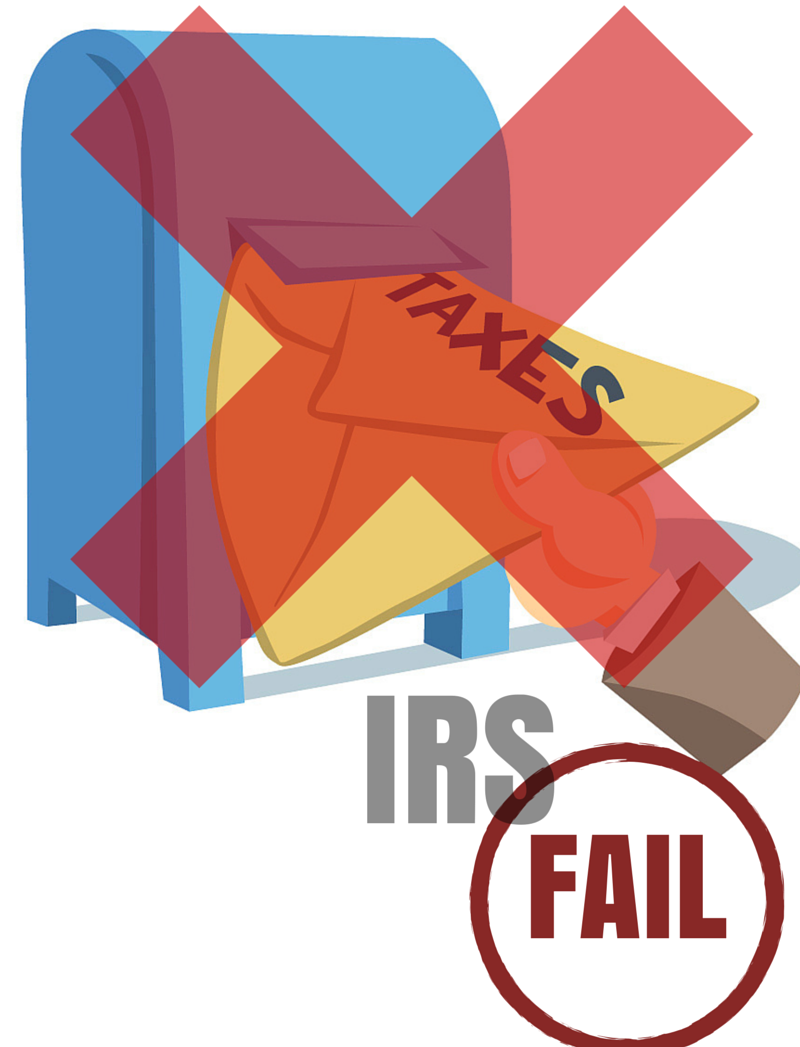
Tax refund fraud is another form of
identity theft that has recently afflicted the IRS. Recently
60 Minutes featured a piece discussing this costly scam that has been targeting the IRS. It’s quite alarming that the Internal Revenue Service, the government agency that is responsible for tax collection and tax law enforcement, had accrued, according to
60 Minutes, over 5 billion dollars of losses due to this tax refund scam. Isn’t there some type of verification system that they implement to prevent such fraud from occurring?
How exactly is this happening?
It actually does not take a sophisticated criminal to pull one over the IRS. The criminal obtains a list of stolen identities, which are widely available for purchase. The criminal uses the stolen identification information from these lists to file a false tax refund. They typically file a tax refund on an online tax preparation site before a person’s W-2 form is available. This gives the criminal time to file a false tax refund before the IRS has a chance to check the return against the person’s W-2 form. It is the method in which the IRS distributes tax refunds that make it easily accessible for the criminal to collect the funds. The IRS gives the tax filer the option to receive their tax return by mail, or to have it wired to their bank account or you can also receive the money loaded onto a prepaid debit card. The criminal can easily have the funds mailed to an address where they can access the funds or choose to receive the funds directly onto a preloaded debit card leaving the stolen funds to be entirely untraceable. Another fallacy in the IRS’s distribution method is that funds must be distributed within six weeks after a refund is filed. Regardless if the person’s W-2 form is not available during that time frame a tax return can still be filed and refunded without verifying the person’s W-2 form.
How has the IRS responded?
It is shocking that the Internal Revenue Service has not modified its procedures of filing a tax refund to prevent such large scale fraud from occurring. It is especially alarming because this type of scam has been occurring since 2008 and the number of cases has only been increasing. The IRS only requires the social security number as its source of identifying a tax filer. There is no other verification required. You would think by now the IRS would require additional documents to verify ones’ identification and also implement a system in which they could authenticate the tax filers’ identifications.
According to the IRS, they have been unable to take firm action against this scam because of lack of funds due to recent budget cuts. In the future, the IRS plans to make some changes to help prevent such fraud from continuing to occur. Legislative action is also being enacted to increase the punishment for committing such fraudulent crimes.
Why you should be concerned?
Identity theft is one of the major types of fraud. The tax refund scam is just another example of how identity theft is continuing to rise and evolve. Initially cases of this type of identity fraud were minimal but within the last few years they have grown immensely over the past year. According to 60 Minutes, cases of the tax refund scam have grown from 51,000 cases to about 3 billion cases.
The tax refund scam is an example of business record theft. In business record theft, the criminal will steal personal information from the business that they work for. The criminal will then either use or sell the information to profit off the person’s identity. It is important that businesses store their transactional information and employee information, in a multilayered secure manner. Government entities, such as the IRS, need to enact multilayered solutions that protect against identity theft. At FraudFighter, we have information available on the types of multilayered solutions businesses and government entities can implement. To learn more about how prevent identity fraud within government institutions click here.

Even the IRS Gets Scammed


